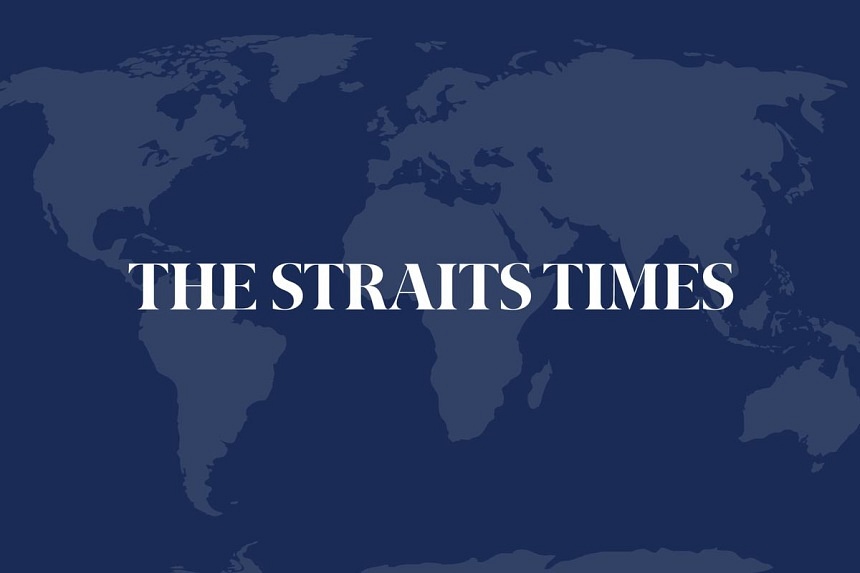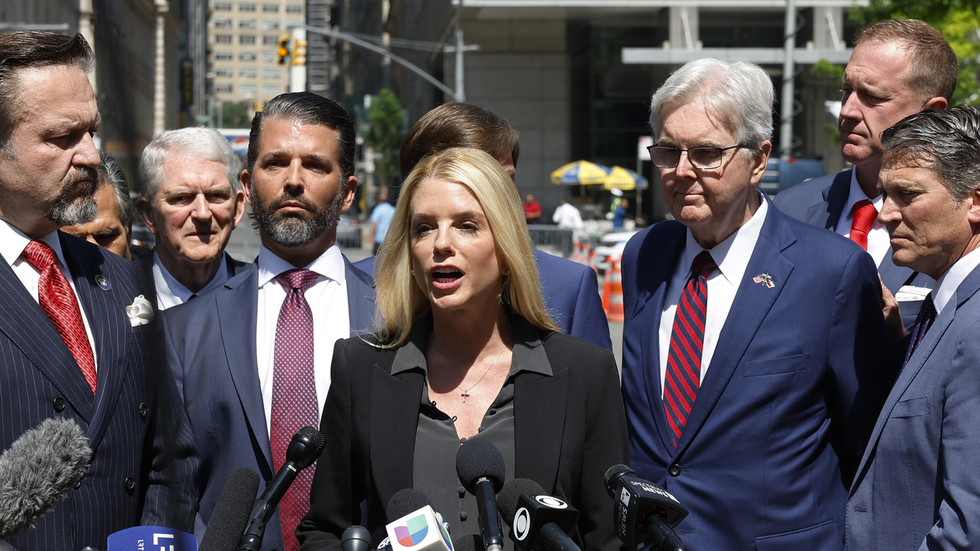HONG KONG/MANILA - Satellite images obtained by Reuters on Nov 28 show a build-up of Chinese civilian vessels near contested Thitu Island, Manila's key outpost in the South China Sea, but a senior Philippine navy officer said they are "not a cause for concern".
One of the images taken by Maxar Technologies on Nov 25 and reviewed by Reuters shows about 60 vessels, some within 2 nautical miles of Thitu, a strategically important island from which Manila monitors Chinese vessels and aircraft in the busy waterway.
Vice-Admiral Alfonso Torres, chief of the Philippines' Western Command, said it was common for "maritime militia" ships to gather in the area. Manila, the Pentagon and foreign diplomats say such vessels work with the Chinese coast guard and navy to strengthen Beijing's presence in disputed waters.
Rear Admiral Roy Trinidad, Philippines Navy spokesman for the South China Sea, also said maritime militia ships were regularly in the area, adding that Manila was aware of the vessels, which he called an "illegal presence", but there was no need for alarm.
"It's not a cause for concern," Mr Trinidad said. "We don't have to read every action and react to that... What is important for us is to maintain our posture."
Online ship trackers show that many of the vessels in the satellite photos are Chinese-registered fishing craft.
The Chinese defence ministry did not immediately respond to a Reuters request for comment. China has never confirmed it has a militia of civilian vessels.
The island, which the Philippines calls Pag-Asa, is Manila's biggest and most strategically important in the disputed South China Sea, which is largely claimed by China and through which billions of dollars worth of goods pass each year. A 2016 ruling by the Permanent Court of Arbitration in the Hague found that Beijing's expansive claims had no basis under international law.
The build-up comes after months of clashes and rammings between Chinese coast guard and fishing vessels and Philippines ships, particularly at the Scarborough and Second Thomas Shoals.
Thitu is close to a Chinese naval base and runway on Subi reef, which has sometimes served as a port for large numbers of Chinese maritime militia vessels, Mr Trinidad said.
"When you go in there (to Subi), when you go out, you will pass through the territorial sea of Pag-Asa," he said.
Regional diplomats and security analysts are watching developments closely, with some noting the Chinese vessels had their transponders on this week, allowing them to be tracked.
Singapore-based security scholar Collin Koh said Beijing could be testing Manila's reactions at a moment of domestic political tension in the Philippines.
Embattled Philippine Vice-President Sara Duterte on Nov 27 accused President Ferdinand Marcos Jr of seeking to remove her from office, after the national police filed a formal complaint accusing her of assault and coercion.
"This needs to be watched in the days ahead," said Mr Koh, of Singapore's S. Rajaratnam School of International Studies.
If the militia presence continues, Mr Koh said, it could be that China is hoping to delay Philippine construction work on the island.
A new aircraft hangar is reportedly due for completion in the next few weeks, the latest in a several moves to buttress the Philippines' presence on Thitu and improve monitoring capabilities.
Tensions rose again earlier in November when the United States and the Philippines signed a security agreement that allows the two sides to share classified information.
On Nov 28, responding to a question on that security agreement, a spokesperson for China’s defence ministry said: “Forming cliques... will only exacerbate tensions and undermine regional stability.”
“We will... continue to take all necessary measures to counter infringement and provocation and firmly safeguard peace and stability in the South China Sea,” Mr Wu Qian told a press conference. REUTERS, AFP

 By The Straits Times | Created at 2024-11-28 22:55:55 | Updated at 2024-11-29 01:35:55
2 hours ago
By The Straits Times | Created at 2024-11-28 22:55:55 | Updated at 2024-11-29 01:35:55
2 hours ago








